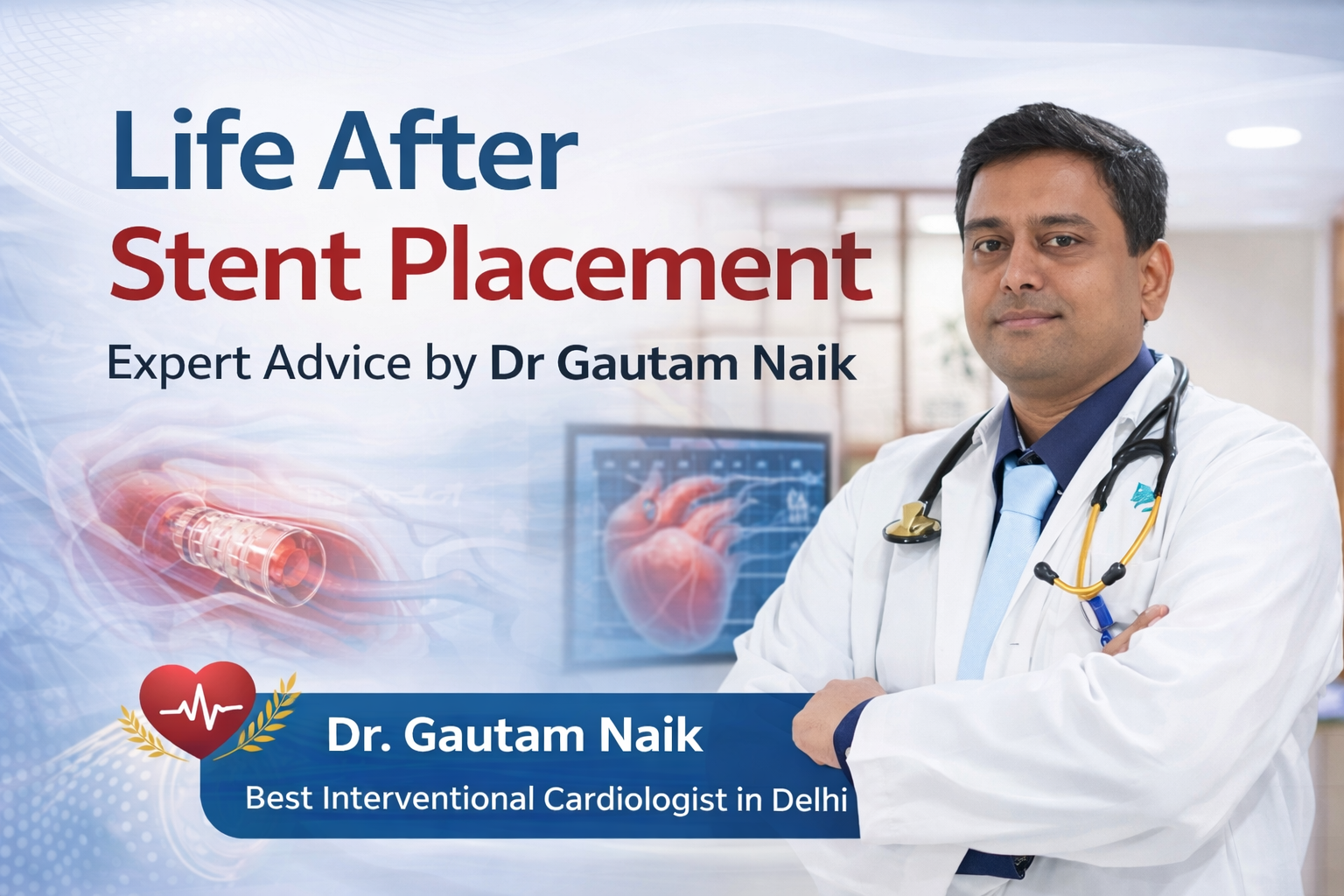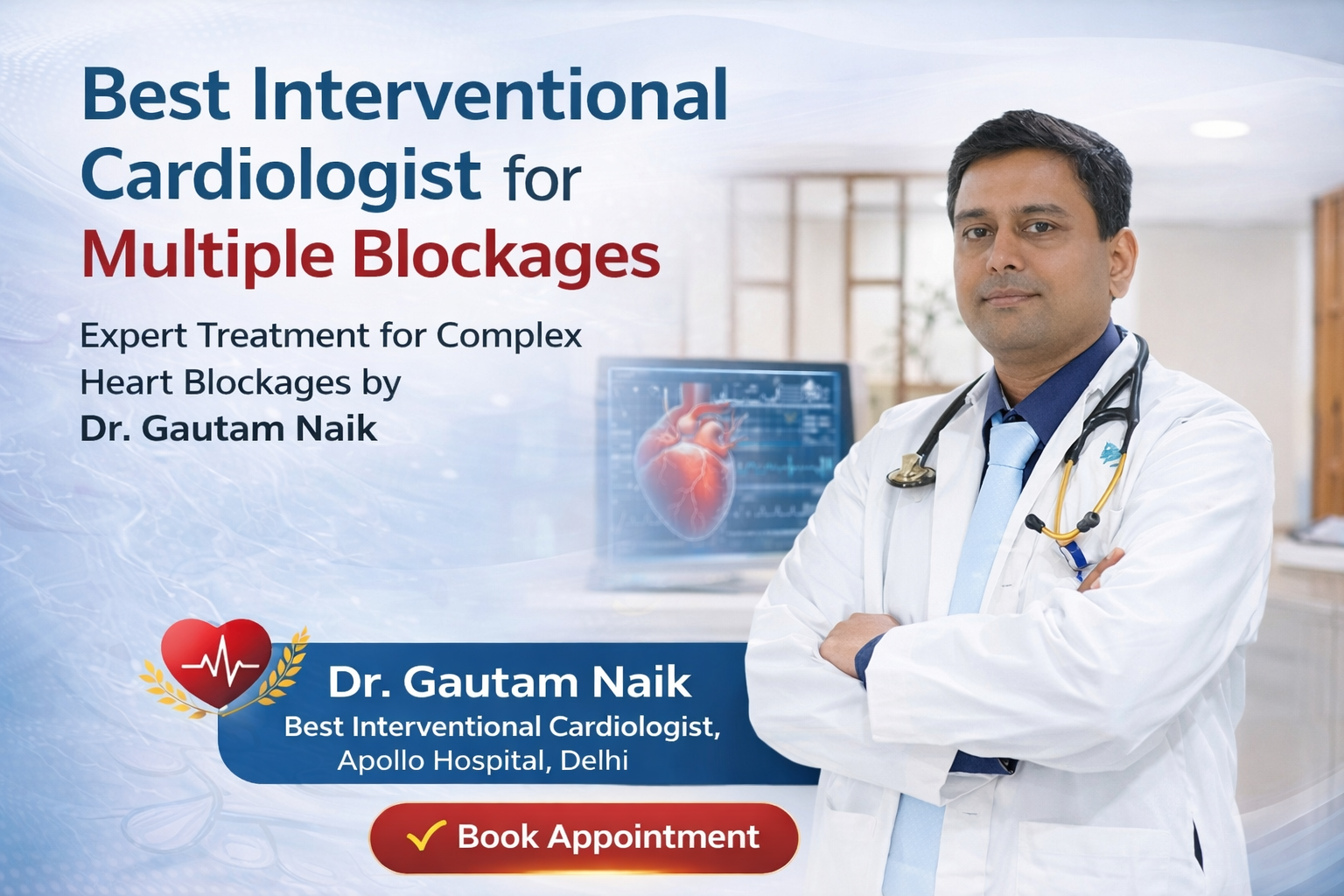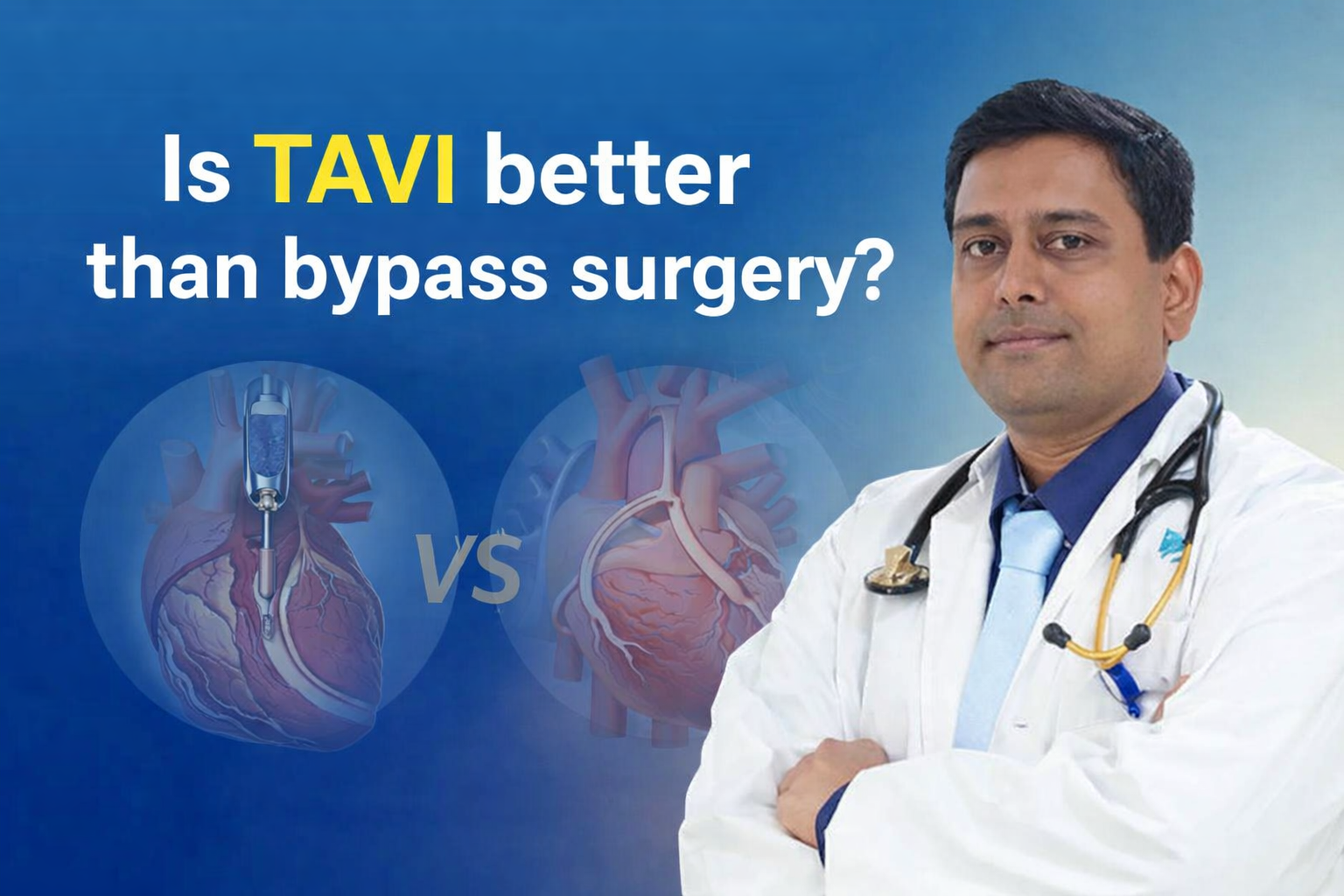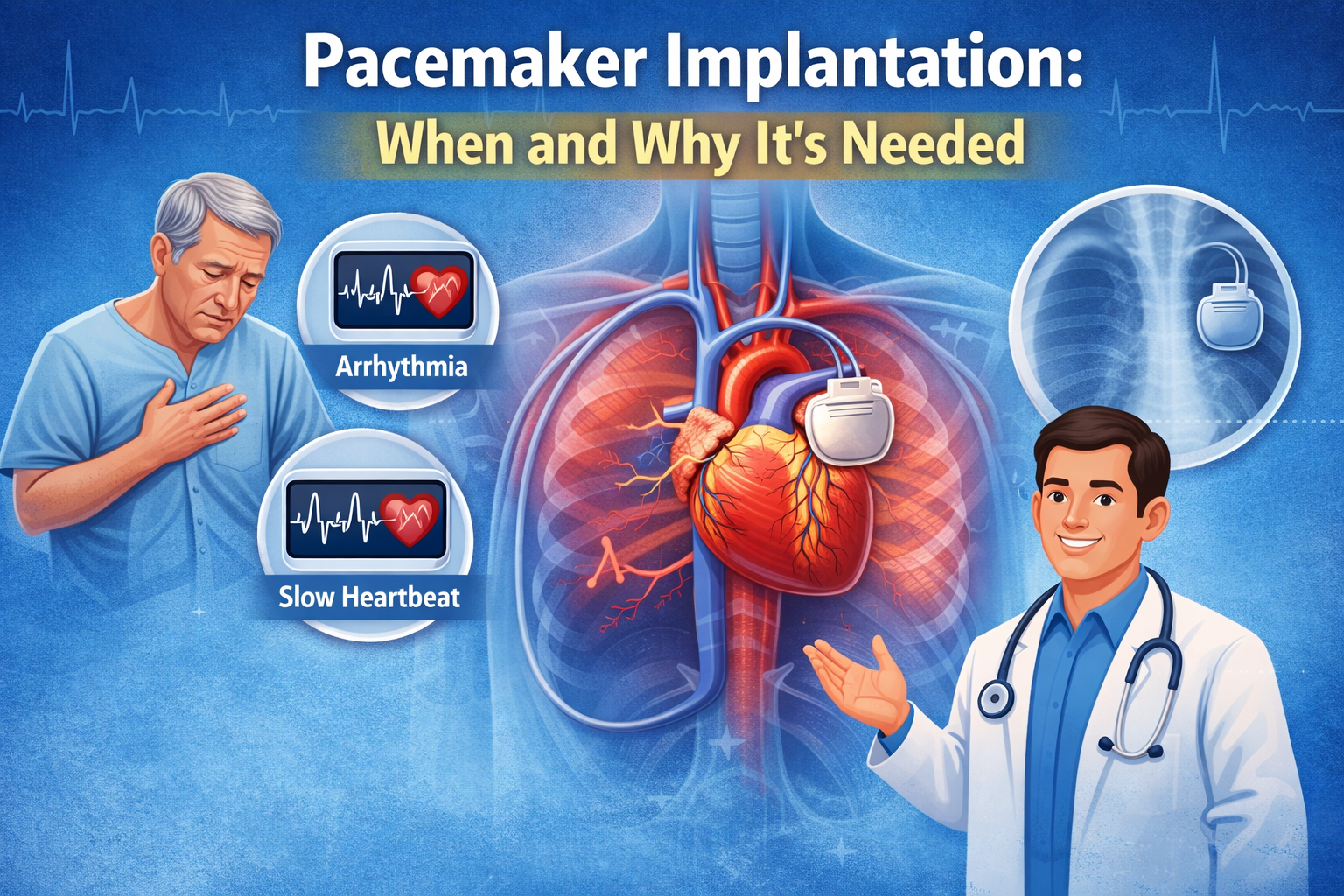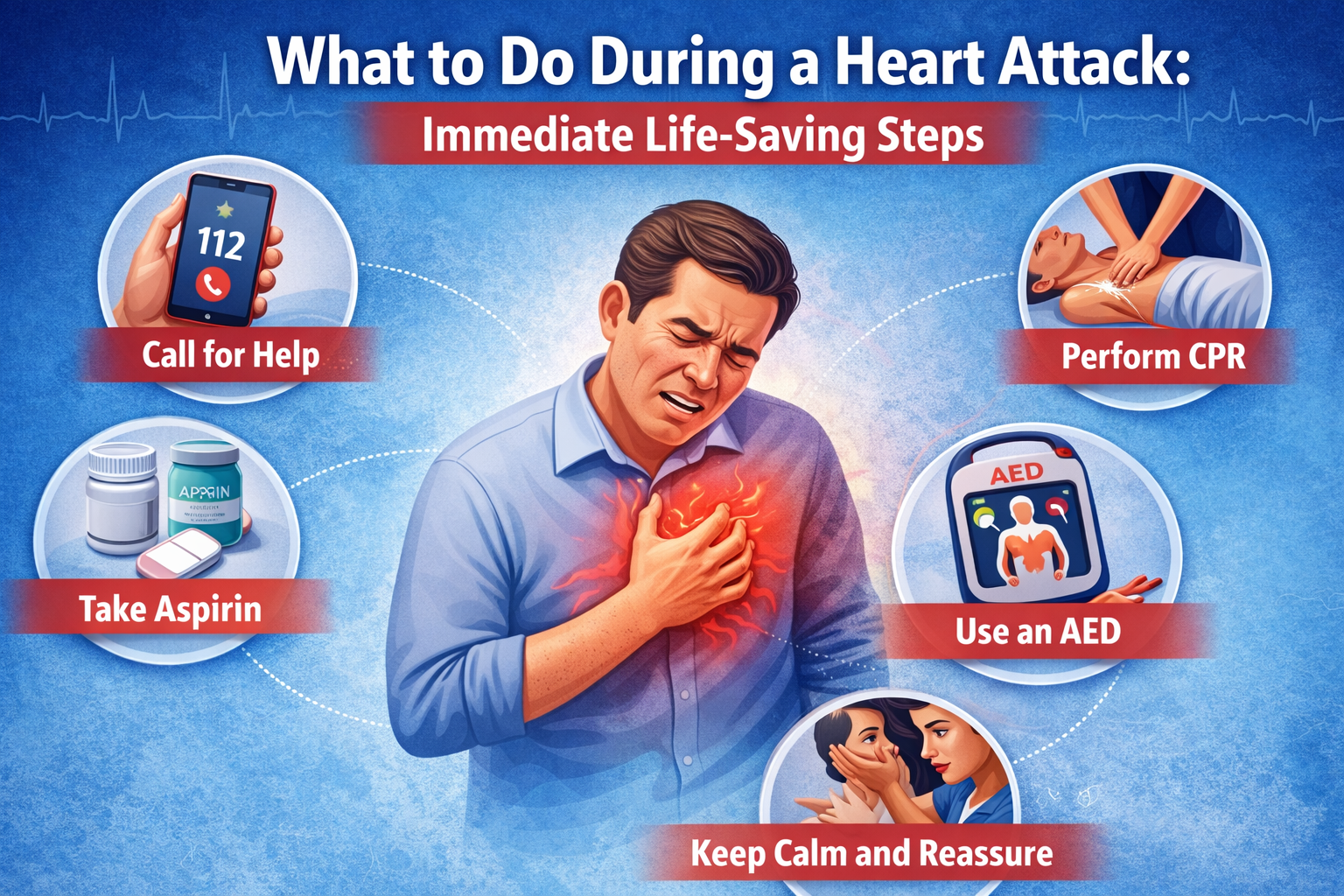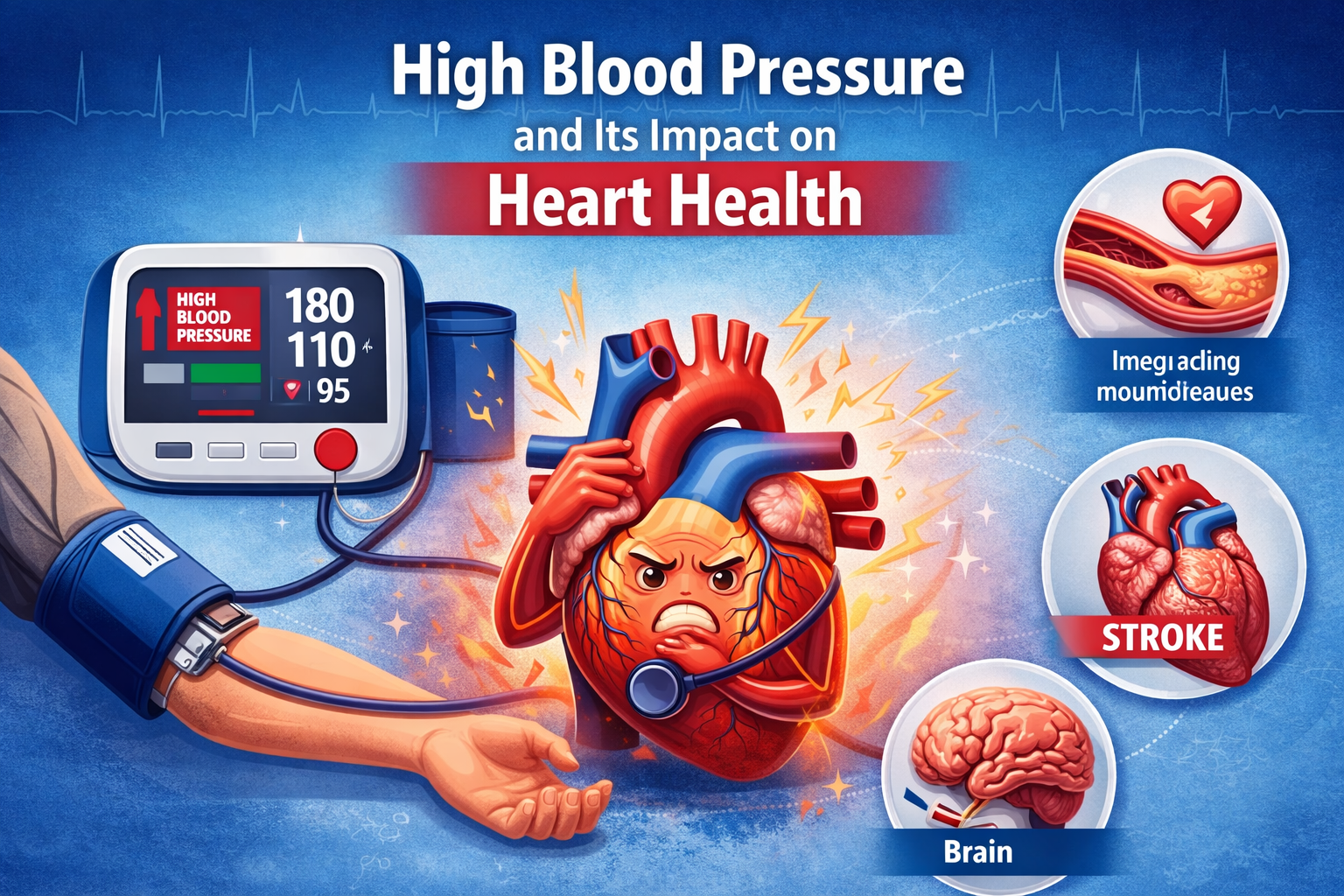Echocardiogram: A Complete Guide to Understanding Your Heart Health

Introduction to Echocardiogram
An echocardiogram, often referred to as an “echo,” is a diagnostic test that uses ultrasound technology to create images of the heart. This non-invasive procedure allows healthcare professionals to visualize the structure and function of the heart in real time. Echocardiograms are crucial for diagnosing, monitoring, and managing a wide range of cardiovascular conditions, making them one of the most commonly performed heart tests worldwide.
Types of Echocardiograms
There are several types of echocardiograms, each suited to specific diagnostic needs:
- Transthoracic Echocardiogram (TTE):
- The most common type of echocardiogram.
- A transducer is placed on the chest to capture images of the heart.
- Transesophageal Echocardiogram (TEE):
- Involves inserting a specialized probe into the esophagus to get clearer images of the heart’s structure.
- Often used when more detailed imaging is needed.
- Stress Echocardiogram:
- Conducted before and after physical exercise or medication-induced stress to evaluate how the heart responds under stress.
- Doppler Echocardiogram:
- Focuses on measuring blood flow through the heart’s chambers and valves.
- Useful for detecting conditions like valve disorders and heart failure.
- 3D Echocardiogram:
- Provides three-dimensional images of the heart.
- Used for detailed evaluation of heart structures and surgical planning.
How the Procedure Works
Echocardiograms rely on high-frequency sound waves to create images of the heart. Here’s a step-by-step overview of how the procedure works:
- A technician applies a gel to the patient’s chest to facilitate sound wave transmission.
- A transducer (a handheld device) emits sound waves that bounce off the heart’s structures.
- The reflected sound waves are captured and processed to create live images of the heart on a monitor.
- The technician or doctor analyzes these images to assess the heart’s structure and function.
Why is an Echocardiogram Done?
Doctors may recommend an echocardiogram for various reasons, including:
- Detecting Heart Valve Problems: Identifying stenosis, regurgitation, or other issues with heart valves.
- Assessing Cardiac Function: Measuring how well the heart pumps blood (ejection fraction).
- Diagnosing Structural Abnormalities: Detecting congenital heart defects, aneurysms, or cardiomyopathies.
- Monitoring Chronic Conditions: Evaluating the progression of heart diseases like heart failure.
Benefits of Echocardiogram
- Non-Invasive: Unlike some other diagnostic procedures, echocardiograms do not require surgery or incisions.
- Painless: The procedure is comfortable and generally takes less than an hour.
- Real-Time Imaging: Allows immediate assessment of heart function.
- Wide Applicability: Suitable for all age groups, from infants to the elderly.
What to Expect During the Test
An echocardiogram is straightforward. Here’s what you can expect:
- Preparation:
- No special preparation is usually required for a transthoracic echocardiogram.
- For a transesophageal echocardiogram, fasting for a few hours may be necessary.
- During the Test:
- You’ll lie on a table while the technician places the transducer on your chest.
- You may be asked to change positions or hold your breath briefly for better imaging.
- After the Test:
- You can resume normal activities immediately unless sedatives were used.
Interpreting Echocardiogram Results
The results of an echocardiogram provide valuable information about:
- Heart Size and Shape: Detecting enlargement or abnormalities.
- Ejection Fraction: Evaluating how well the heart pumps blood.
- Valve Function: Assessing whether the heart valves are opening and closing properly.
- Blood Flow Patterns: Identifying blockages, clots, or leaks.
Your doctor will explain the results and recommend further tests or treatments if necessary.
Risks and Limitations
- Minimal Risks: Echocardiograms are generally safe, with no significant risks for most patients.
- Limitations:
- In some cases, factors like obesity or lung disease may reduce image clarity.
- Transesophageal echocardiograms may cause temporary discomfort.
Applications in Medical Diagnosis
Echocardiograms play a vital role in:
- Diagnosing and monitoring conditions such as heart failure, arrhythmias, and valve diseases.
- Detecting complications like blood clots or infections in heart valves.
- Guiding treatment plans and surgical decisions.
Technological Advancements
Recent innovations have enhanced the capabilities of echocardiography:
- 3D and 4D Imaging: Offering detailed, dynamic views of the heart.
- Portable Devices: Allowing bedside echocardiography in emergency settings.
- AI Integration: Improving accuracy and efficiency in interpreting results.
Cost and Accessibility
- Cost Range: Depending on the type, echocardiograms typically range from $500 to $3,000.
- Insurance Coverage: Most health insurance plans cover echocardiograms when deemed medically necessary.
- Availability: Widely available in hospitals, clinics, and specialized diagnostic centers.
FAQs About Echocardiograms
- Will it hurt? No, the procedure is painless and non-invasive.
- How long does it take? Most echocardiograms take 30 to 60 minutes.
- Are the results accurate? Yes, echocardiograms are highly reliable when performed by trained professionals.
- Do I need an echocardiogram? Consult your doctor if you have symptoms like chest pain, shortness of breath, or irregular heartbeats.
Importance of Early Detection
Echocardiograms are invaluable in preventive cardiology. By identifying issues early, they enable timely interventions that can prevent complications and improve quality of life.
Tips for Readers
- Discuss your family history of heart disease with your doctor.
- Maintain a healthy lifestyle to reduce your risk of cardiac conditions.
- Don’t hesitate to ask your doctor about the need for an echocardiogram if you experience heart-related symptoms.
Why Dr. Gautam Naik is the Best Cardiologist in Delhi/NCR
When it comes to heart health, expertise matters. Dr. Gautam Naik, a renowned cardiologist in Delhi/NCR, has earned a stellar reputation for his unparalleled skills and dedication to patient care. With years of experience in advanced cardiac diagnostics and treatments, including echocardiography, Dr. Naik has successfully treated countless patients with complex heart conditions. His patient-centric approach, combined with his use of state-of-the-art technology, makes him the preferred choice for those seeking top-notch cardiac care. Whether you need a routine echocardiogram or advanced cardiac intervention, Dr. Naik’s expertise ensures you are in the best hands.
Echocardiograms are a cornerstone of modern cardiology. By offering a clear, non-invasive view of the heart, they empower patients and doctors to make informed decisions about heart health. If you have concerns about your heart, speak with your doctor about whether an echocardiogram could benefit you.

